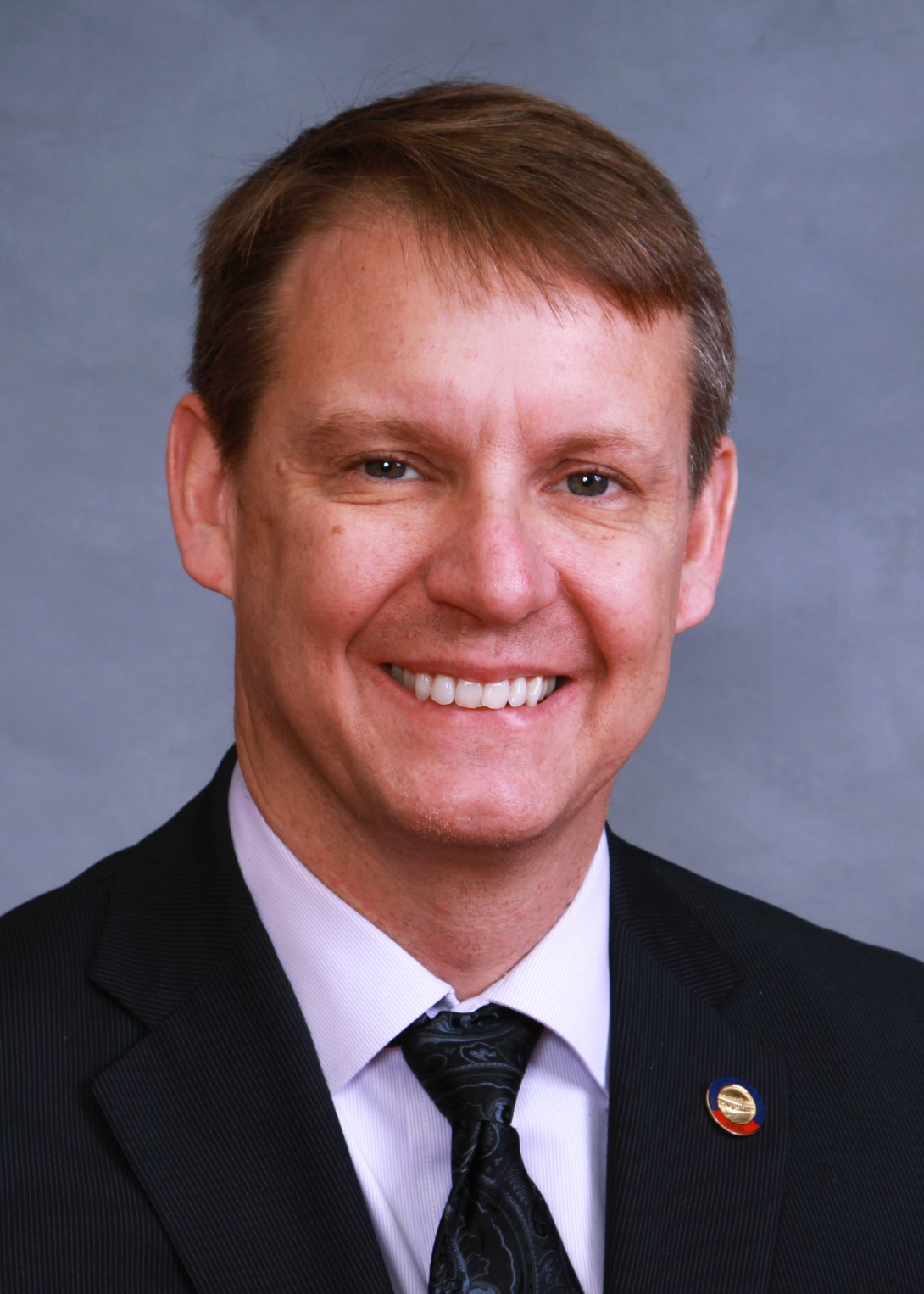How NC House leaders tried to manipulate the fracking vote

New information has come to light about the political gamesmanship behind the controversial late-night vote to allow fracking for natural gas in North Carolina, and it reveals a less-than-respectful attitude toward the democratic process on the part of the state House leadership.
The decision to legalize fracking in the state came down to an apparently botched vote by Rep. Becky Carney, a Mecklenburg County Democrat who says she intended to say no to the override but accidentally pressed the wrong button. Though mistaken votes are often cast and changed, House Speaker Thom Tillis (R-Mecklenburg) refused to allow Carney to correct her mistake, citing a procedural rule that disallows vote changes when they affect the final outcome on a measure.
Now a report by Travis Fain at the Greensboro News & Record sheds more light on the behind-the-scenes machinations that preceded the vote.
Fain reports that on the night of July 2, the House's second-to-last day in session, state Rep. Mike Hager (R-Rutherford) was counting votes for the veto override. Hager (in photo) was a leading proponent of fracking and sponsored the House version of the fracking bill. The retired engineering manager for Duke Energy's Cliffside coal-fired power plant, Hager co-chairs the House Select Committee on Energy Independence and Alternative Fuel as well as the Public Utilities Committee, and his campaign is heavily funded by energy interests.
Hager needed 72 votes for the override but could not get past 71. He told Fain that Tillis said the House would hold the vote anyway and "see what happens." The state constitution requires three-fifths of the members of the House or Senate "present and voting" for an override.
Here's what happened next, according to Fain:
Hager said he noticed late Monday night that both state Rep. Larry Womble and state Rep. Marcus Brandon were off the floor. Womble, who was in a horrific car accident a while back, had left some time ago, but Brandon's absence was new, Hager said. Both men are Democrats and were expected no votes on the override. With both gone 71 votes would be enough to override.
Hager said he approached Tillis and said "let's go ahead and run this." The Republican majority moved quickly to a vote, calling the question to avoid lengthy debate. But Brandon came back on the floor. Hager said he tried to talk him into voting yes, but was unsuccessful. Hager thought he'd lost.
"Then I looked up and I've got 72 votes," he said.
Womble and Brandon represent districts in Forsyth and Guilford counties respectively. Those counties are located next to Stokes and Rockingham counties, which in turn are are home to the Dan River Basin shale gas reserve. That means Womble's and Brandon's districts will likely feel the impacts, positive and negative, of natural gas development -- yet the North Carolina House leadership was not only willing but eager to exclude the districts' elected representatives from a critical vote on the matter.
When the Republicans won control of the North Carolina legislature in 2010 for the first time in over a century, they promised a new era of openness after decades of virtual one-party rule that too often sacrificed fairness for expediency. Does maneuvering to exclude minority-party lawmakers from a critical vote really represent a better way of governing?
Tags
Sue Sturgis
Sue is the former editorial director of Facing South and the Institute for Southern Studies.
